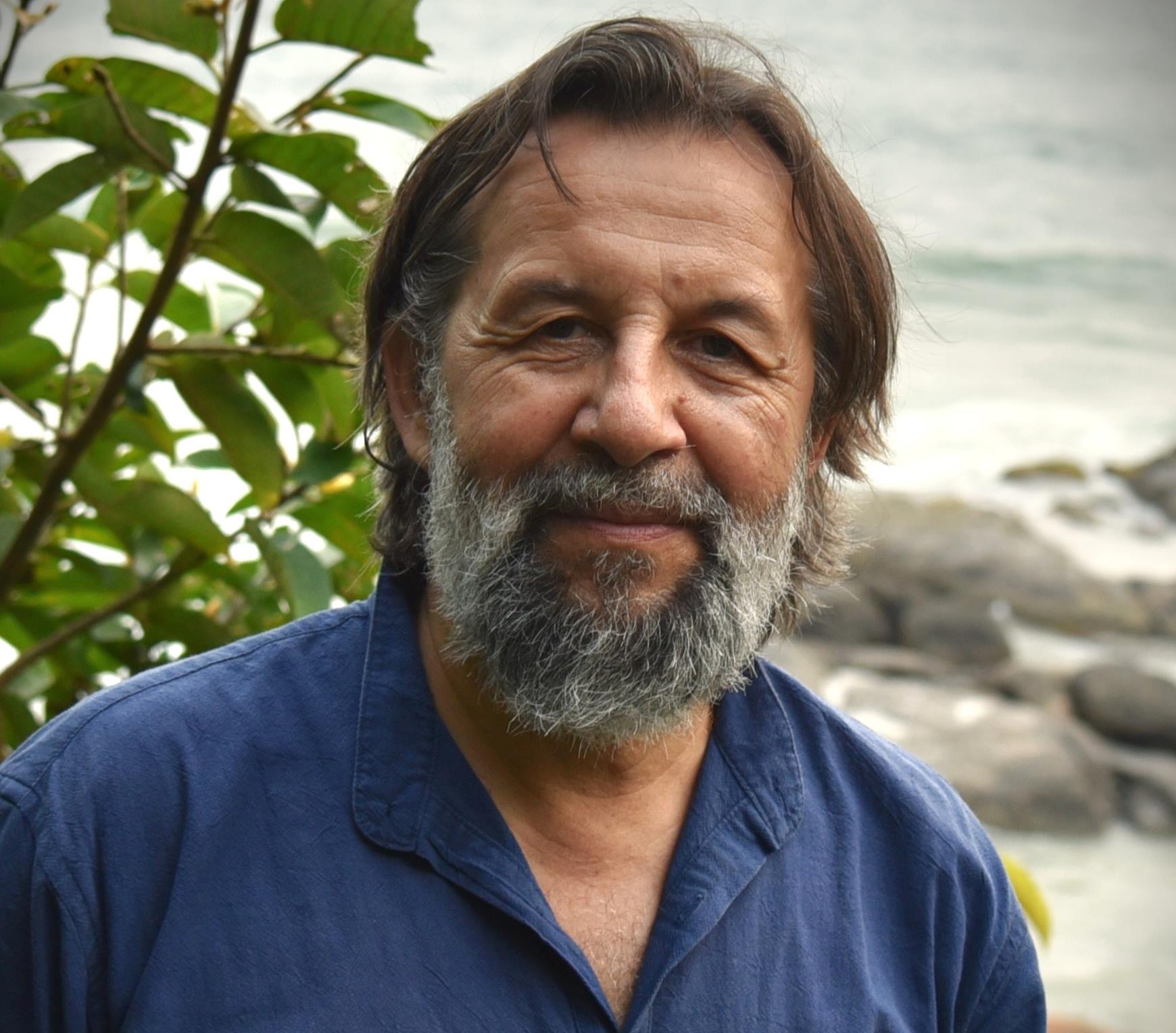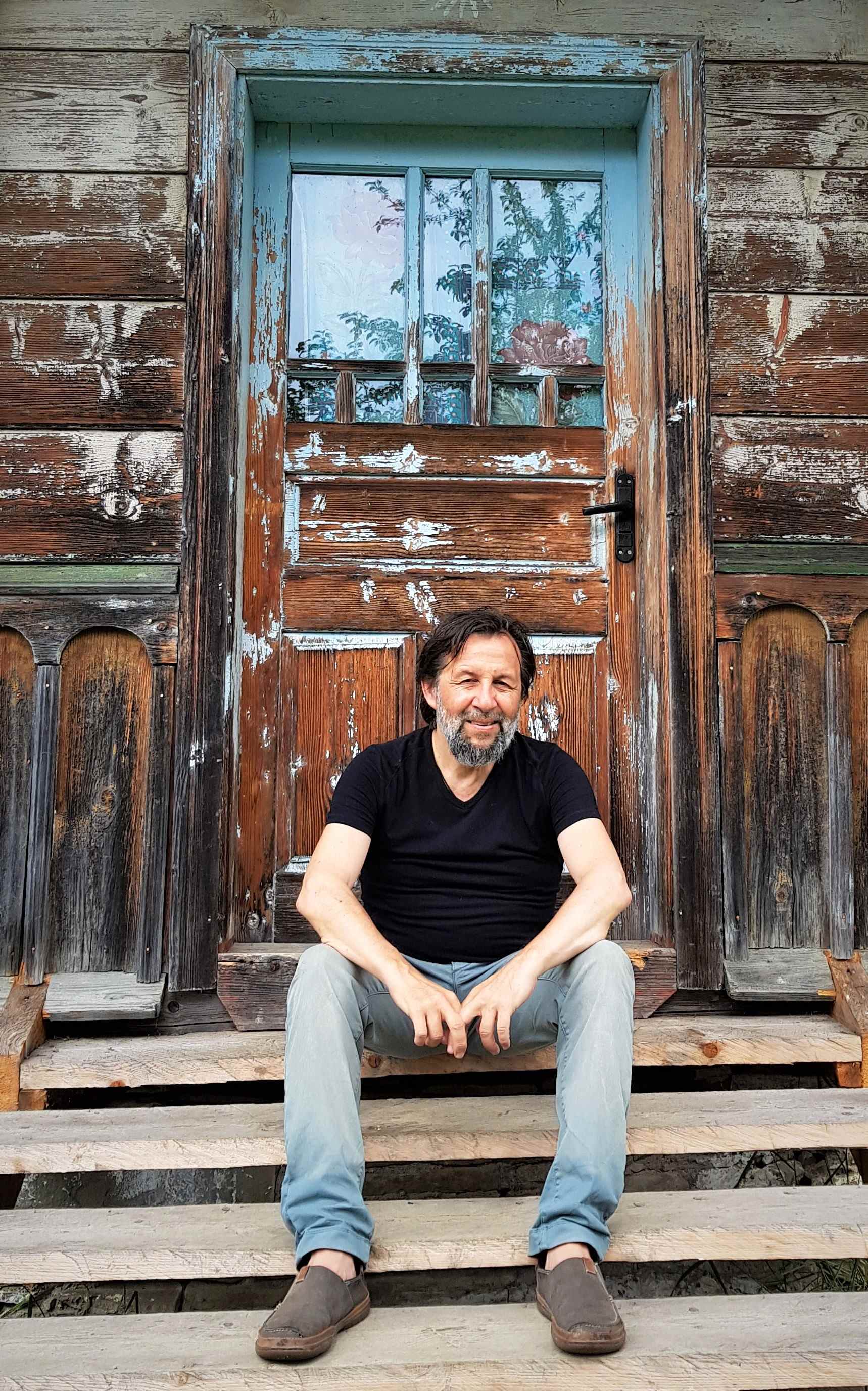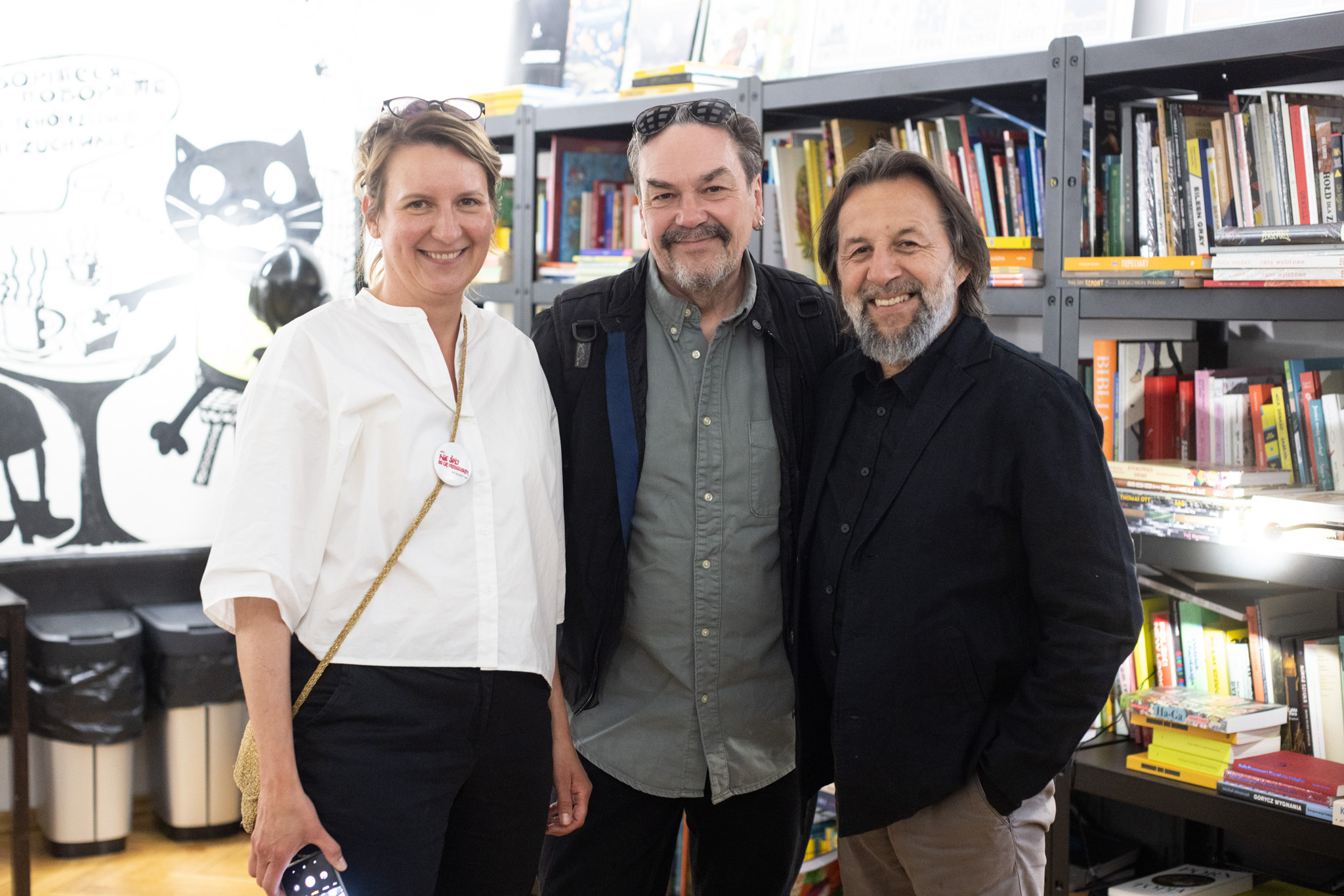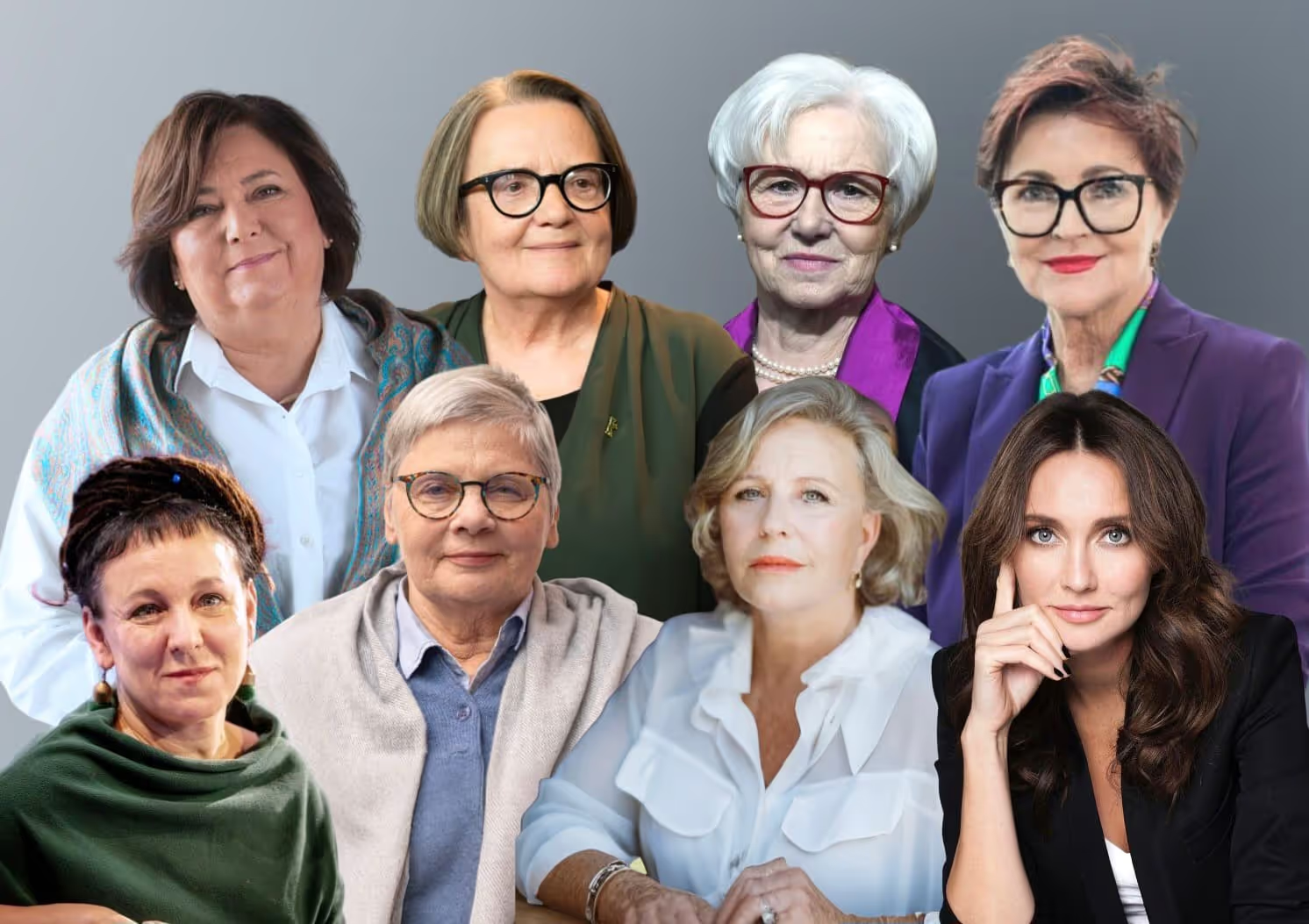Support Sestry
Even a small contribution to real journalism helps strengthen democracy. Join us, and together we will tell the world the inspiring stories of people fighting for freedom!
Every fourth country in the world has experienced regression in the field of women's rights, according to the latest UN Women 2024 report, and in the European Union, about 50 million women continue to experience high levels of sexual and physical violence - both at home and at work, as well as in public spaces.
We speak with Doctor of Sociology, Professor at the University of Warsaw, Elżbieta Korolczuk, about the situation of women's rights in the world, Poland and Ukraine, as well as about what should be done to protect and support women's rights, which are once again under threat.
The Influence of the Church
Olga Pakosh: Professor, what does the regression of women's rights mean?
Elżbieta Korolczuk: It means that in many countries, the process of equalising opportunities has stalled, and in some, the situation regarding existing rights has even worsened.
Of course, it has never been the case that all participants in public life, even in liberal countries, accepted gender equality
There have always been groups opposing women's rights - reproductive rights, the right to abortion, contraception or women's equality in political life.
But in democratic countries, there was a general consensus that we should strive for the full participation of women in social and political life. Groups opposing this remained on the margins of public life. Today, anti-gender views are moving to the centre of public discussion and - depending on the country - take various forms.
For example, in Afghanistan, where in different periods of the twentieth century laws were introduced to improve the situation of women, today women have no rights whatsoever. Fundamentalists have ensured that women cannot work, leave the house alone or study. They cannot participate in public or political life, and most of them also experience violence - there is data showing that this may concern up to 85 per cent of Afghan women.
Meanwhile, in the United States, where for many years the political mainstream shared the belief that women's rights were an obvious part of democracy, there is now an assault on both democracy and women's rights. Both are connected to the development of anti-gender and conservative movements, which often resonate with organised religions, such as Christianity and Islam, as well as Orthodox Judaism, which has also never been a friend to women.
- And what about Poland? It has been almost two years since the change of government. Why, despite previous promises, has no action been taken to at least partially regulate the issue of abortion?
- Firstly, because the current political class - and this applies not only to Poland but also to many other countries - is significantly more conservative than the majority of society. Secondly, the issue of women's rights and minority rights remains under the strong influence of religious institutions.

In Poland, we are observing a distinct cultural conflict: the country is rapidly secularising - the younger generation is moving away from institutional religion, and often from faith altogether. At the same time, a significant portion of voters, predominantly older people, remains deeply religious. The Church as a political institution still plays an enormous role, both at the national level and locally. Bishops often effectively participate in local political life. The economic power of the Church also carries great weight - it remains one of the largest property owners in the country.
- Could a change of president influence anything?
- Can we trust politicians? This is a question many people are asking themselves today. Promises were already made two years ago, during the parliamentary elections. However, as research shows, a significant portion of young women who voted for the current coalition in 2023 now feels disappointed and disillusioned. During the campaign, mobilisation efforts were directed specifically at them, notably through promises regarding reproductive rights, financial support concerning issues related to abortion, equality for the LGBT community and so on. At present, these promises remain unfulfilled. What will change after the presidential elections - we shall see.
I fear we are dealing with the ignoring of female voters: at first, something is promised to them to secure their votes, and later, the promises are not fulfilled
Such a strategy not only alienates specific groups of voters but also generally undermines trust in democracy as a political system. The question is to what extent the politicians themselves realise this and whether they understand the long-term consequences of such actions.
As a sociologist, I do not have excessive expectations. However, as a citizen, I hope that the ruling parties will eventually awaken and that the change of president will lead at least to the resolution of such basic issues as the abortion ban or inequality in LGBT rights.
In Poland, a victim is not obliged to prove that she said «no» to the rapist
- What is the current situation regarding women's rights in Ukraine?
- War, like any crisis, always negatively affects society. On the one hand, of course, it affects men, as they predominantly die at the frontline or bear other severe consequences related to military service. On the other hand, the burden of daily survival falls squarely on the shoulders of women. This concerns not only professional work but also activities connected with maintaining the lives of families, communities and the general everyday functioning of people. Moreover, many women serve in the Ukrainian army, carrying, in essence, a double burden.

War also means the suspension of normal political struggle, which likewise complicates the ability of minorities to defend their rights. Individual rights, as well as the rights of particular groups, are pushed into the background in the face of the harsh reality of resisting Russian aggression.
Nevertheless, it is noticeable that politically, Ukraine is striving for integration with Europe, and this opens opportunities for the implementation of equal rights solutions. For example, one can compare Ukraine and Georgia - two post-Soviet states that started from similar positions. Ukraine resolutely chose the path of European integration, which, incidentally, became one of the factors of the military conflict, and in this context, adopted many decisions, such as the ratification of the Istanbul Convention and the protection of the rights of women and minorities. Georgia, by contrast, has moved in the opposite direction. It has drawn closer to Russia - notably through religious issues, restrictions on the activities of non-governmental organisations and the strengthened influence of the Orthodox Church.
The Georgian government is moving towards restricting the rights of minorities, particularly LGBT people, which is part of a broader process of narrowing the rights of civil society and the space for grassroots movements. This indicates that we are dealing not only with ideological or cultural differences, the attitude towards equality is also an element of the geopolitical choice made by states. It was the same in the case of Poland and other countries that joined the EU - this process was linked to the acceptance of at least some obligations in the field of equality. And this undoubtedly matters for the specific decisions taken by the state, although the results do not always meet expectations.

- What laws or legal mechanisms are lacking in Ukraine to support women's rights? Is the problem solely due to the crisis caused by the war?
- I am not a specialist in Ukrainian affairs - it is worth asking Ukrainian women themselves about this. However, I think the situation is complicated. On the one hand, it is worth asking: how open are state institutions to the voices of minorities, including women? How much do they actually represent groups that are in a vulnerable position in society?
On the other hand, the problem also lies in the way existing norms are implemented. For example, when it comes to protection from violence, one of the most fundamental issues. If such protection does not exist, it is clear that female citizens do not have equal rights.
If they are not protected in their own home or on the street, there is no point in talking about equal opportunities in politics or other fields
And here the question arises: is a state that is undergoing such a deep crisis - military, economic, infrastructural - capable of effectively guaranteeing women the protection from violence? I believe we must demand this, but at the same time, we should understand that it is an extremely difficult task.
- And what about Poland? Is Polish legislation effective in the context of protecting women?
- Yes, in many areas there are quite good legal standards, but often they are not properly implemented. An example can be the changes introduced in February this year - regarding the definition of rape.
According to the new provisions, rape is any violation of sexual boundaries without clear consent. That is, theoretically, now the victim is not obliged to prove that she said «no» - instead, the perpetrator must prove that he obtained consent
At the same time, we do not have any large-scale information campaign on this matter. Most people do not even know that anything has changed. There are no relevant educational programmes. There are not enough training sessions for the police and prosecutors that would allow for the effective implementation of the new standards.
Such matters should be on the front pages of newspapers

«Women's rights are not given once and for all»
- The United States was once an example in the fight for women's rights and the implementation of these rights. What about now? Are the suffragettes turning in their graves?
- I hope that the United States will become not only an example of how what seemed to have been achieved can be destroyed, but also teach us how to truly maintain it. It is worth emphasising that, compared to Poland, Ukraine and most Eastern European countries, women's rights in the USA were guaranteed quite late, at a time when most women in Eastern Europe were already working and had a certain degree of financial independence.
In Poland, women gained the right to abortion in 1953, while in the USA, the federal right to terminate a pregnancy was introduced only in the mid-1970s.
Although in the early 1960s and 1970s women were fighting for access to legal abortions, over the last five decades, the USA has created the image of a country where the rights of minorities and women are highly developed
However, this struggle for equality was always tense, and opponents of equal rights never stood aside.
Today, the main difference is that part of the political elite has become extremely conservative, and the system of rights protection at the federal level is beginning to collapse. This particularly concerns decisions of the Supreme Court, which has overturned provisions that guaranteed the right to abortion at the federal level, notably the ruling in Roe v. Wade.
These changes show how important it is to constantly monitor adherence to the principles of equality. Women's rights are not given once and for all. This also demonstrates the link between the rights of women and minorities and democracy.
On the one hand, in undemocratic countries, the erosion of women's rights is very clearly visible, as women are usually the first group to lose their rights. When a rigid power hierarchy is created, women generally end up at the bottom.
On the other hand, criticism of women's rights is often used as a pretext for attacks on democratic values and institutions. Attacks on gender equality today are a tool in the hands of anti-democratic movements, which mobilise society by stirring up fear and convincing people that both gender equality and democracy itself have gone too far. An example is Trump's campaign against Kamala Harris, who was portrayed as a spokesperson for the transgender community, and topics related to funding gender reassignment surgeries in prisons were used to mobilise voters and at the same time to ridicule liberal democracy.
The strategy of right-wing populists is to ridicule the topics of equality, portraying them as absurd and as a threat to women themselves, while at the same time inciting society against democracy as such

- What can we, ordinary women, now do in Poland and Ukraine to protect our rights?
- The answer has already been given to us by the suffragettes: no one will grant us rights for free, we must fight for them. And once we have gained them, we must defend them.
It is a bit like marriage. Usually, if we take on all the obligations but do not demand what is ours, the other side will not help and will not voluntarily grant us our rights
The same applies to political life.
It is about voting, supporting organisations that help women, as well as those who take it to the streets - people who mobilise. It is about supporting specific women who act for others. Even if we ourselves are not ready to engage, we can support them. It is about supporting specific female politicians, as well as holding them accountable. It is about checking what they are doing, on what basis, and expressing our opinion. This is something we must never renounce. Whether on Facebook, in public discussions or at the workplace.
We still live in a good place where our voice has weight
We are not in Afghanistan - we are in a place where we have a voice, and we can use it.
We must make an effort, get used to the fact that political activity is simply part of our lives, not a marginal thing that appears only, for example, during elections, or does not appear at all. Because then we voluntarily give up the possibility of changing the world.
There are women who oppose the right to abortion. Of course, they have the right to do so. But unfortunately, they act neither in their own interest nor in the interest of their sisters, friends, or daughters. No one is forcing anyone to have an abortion. But in a world where women are forbidden to do so, it is ordinary women who will pay for this ban with their lives, health, and mental well-being. And we simply should not agree to such a world.

Journalist, editor. She has lived in Poland since 2015 and has worked for various Ukrainian publications: «Postup», «Livyi Bereg», «Profil» and «Realist.online». She is the author of publications on Ukrainian-Polish cooperation, covering topics such as economic and border issues, cultural heritage and commemoration. She is also a co-organiser of journalistic initiatives promoting Ukrainian-Polish friendship. She has worked as a trainer for the EU programme «Women’s and Children’s Rights in Ukraine: Communication Component». Her interests include personal development and neurolinguistic programming, among others.











